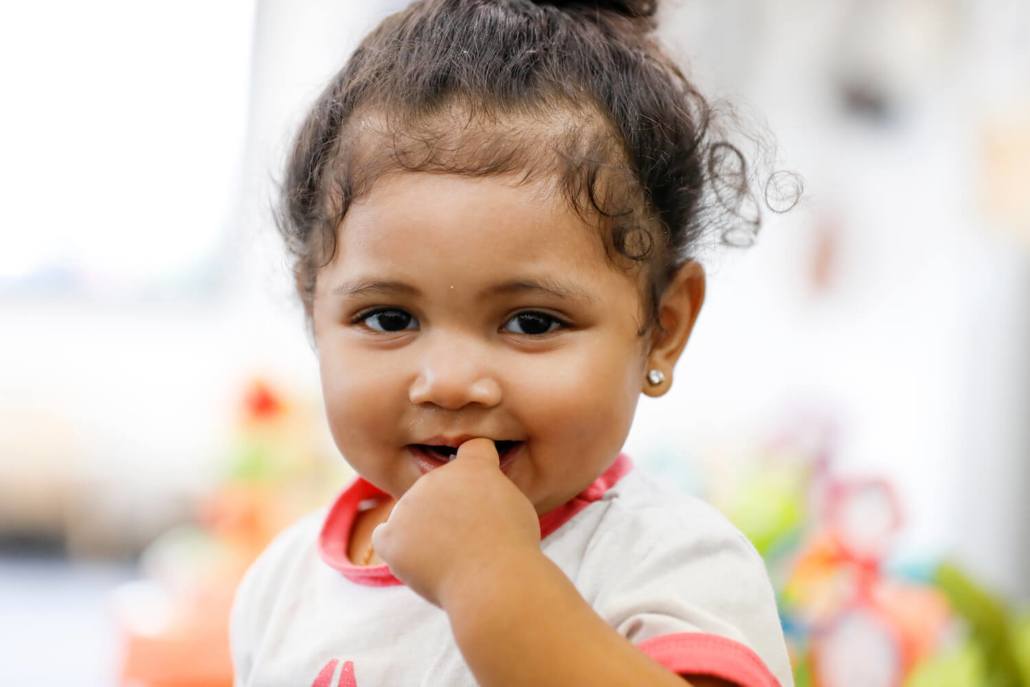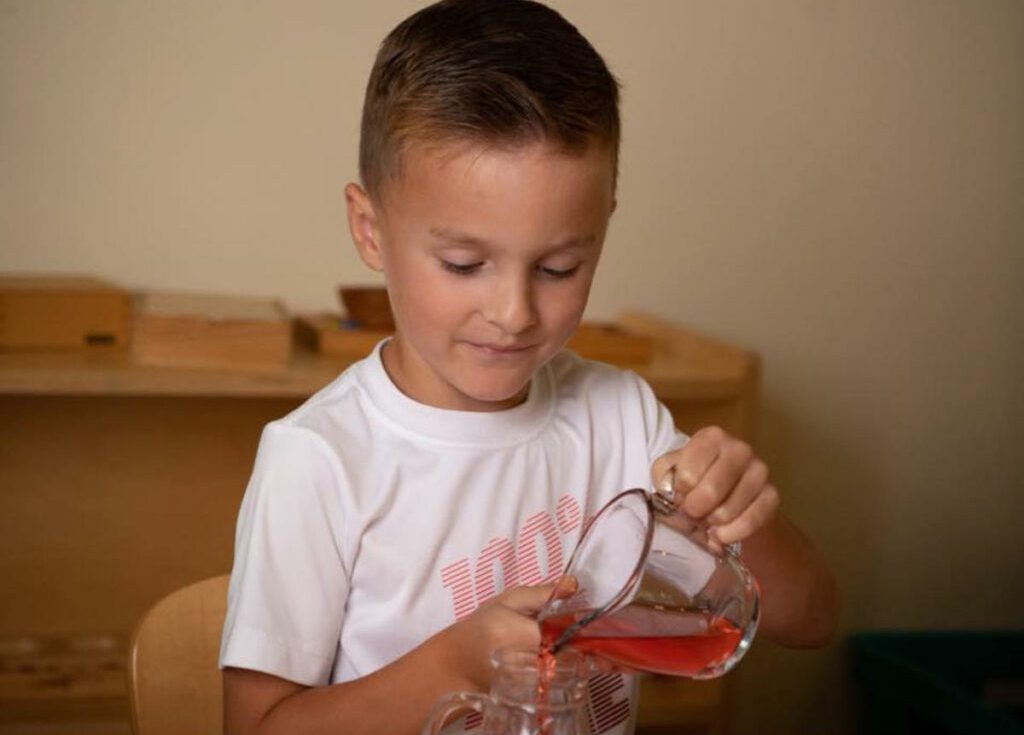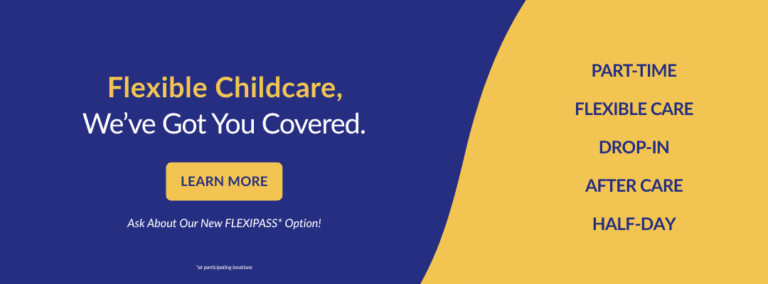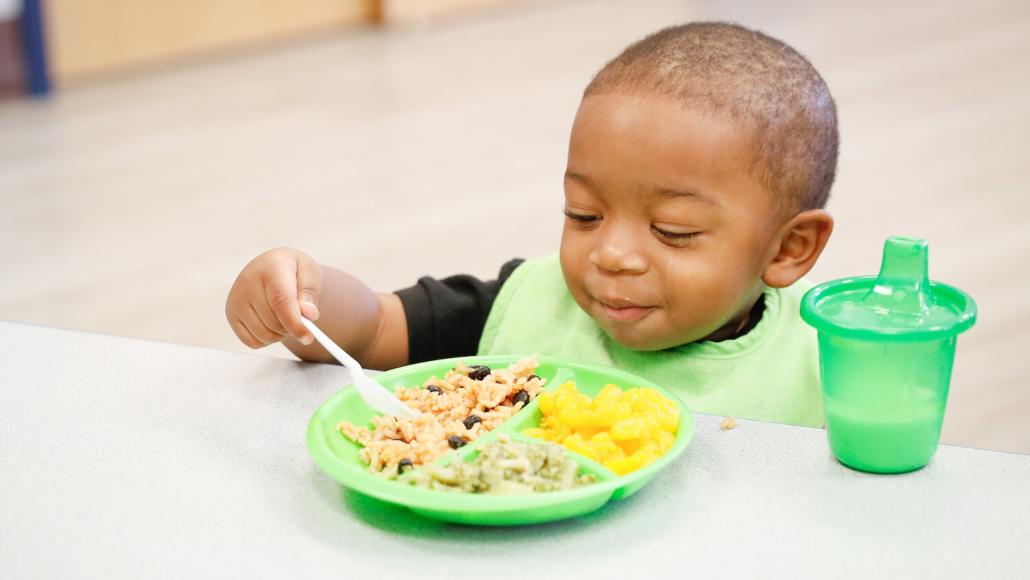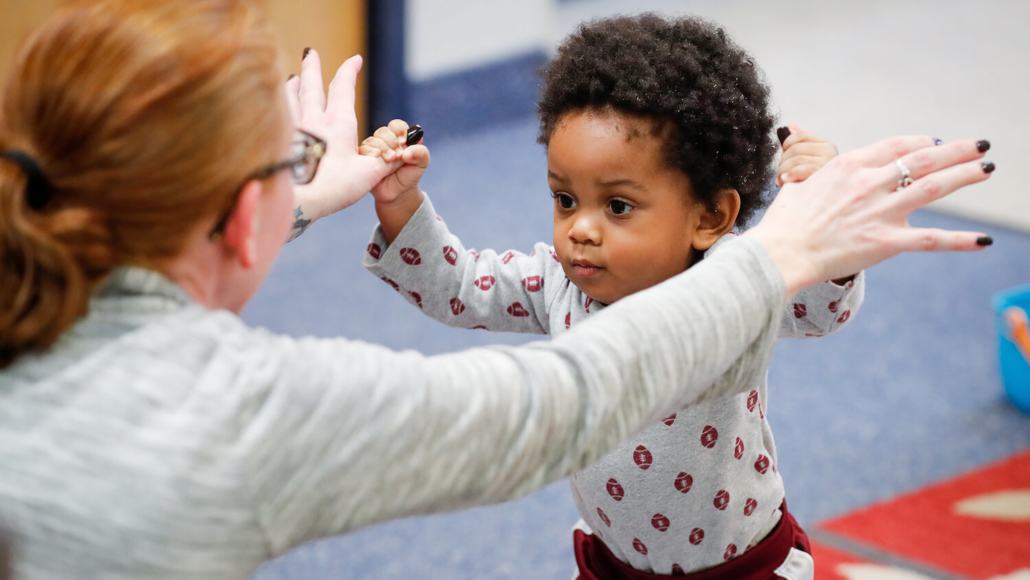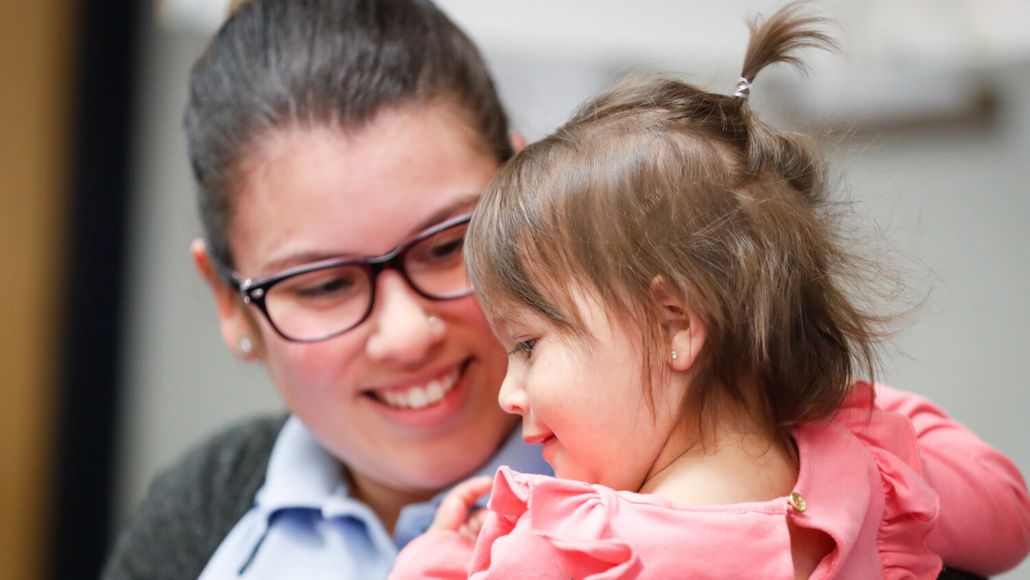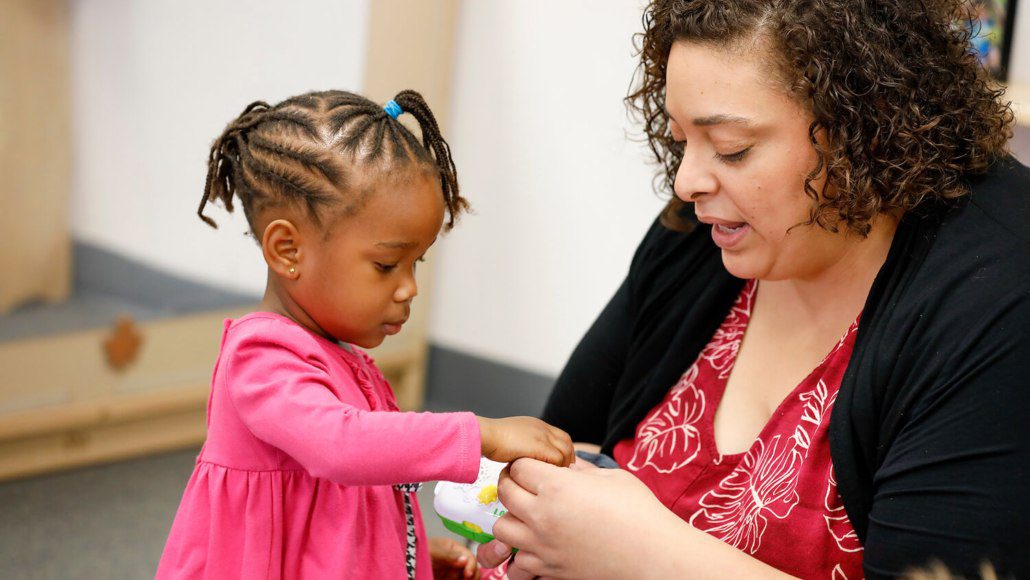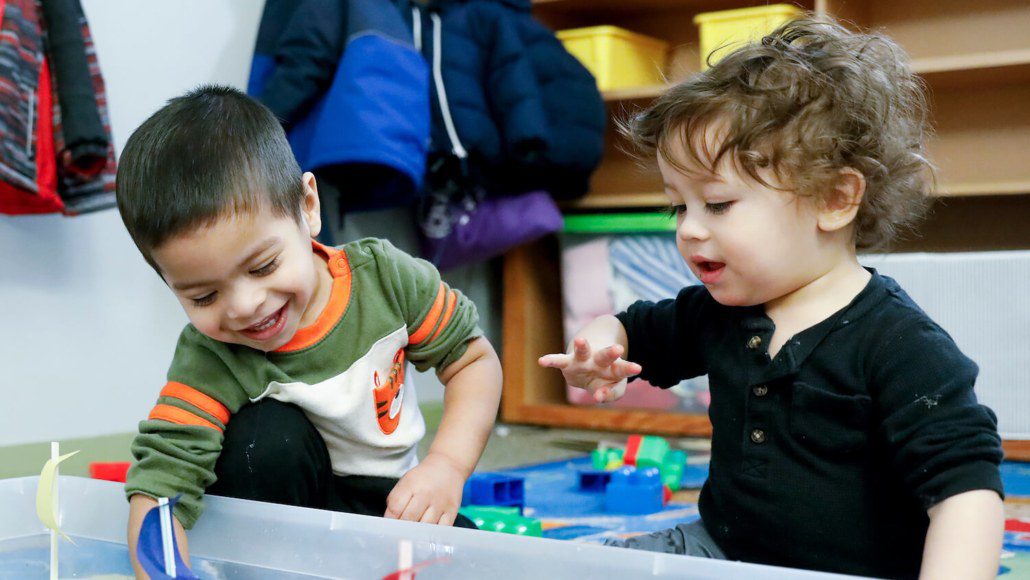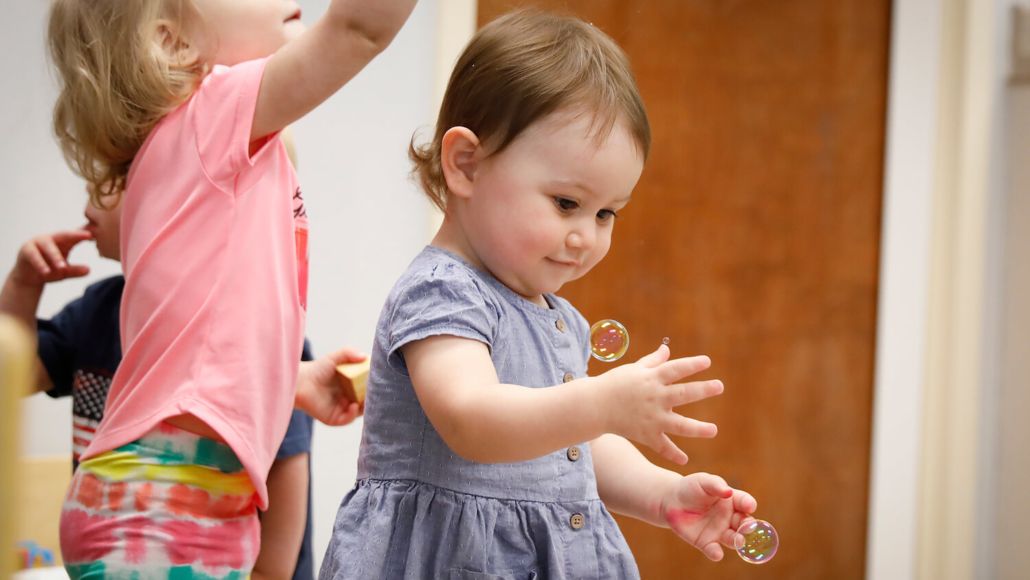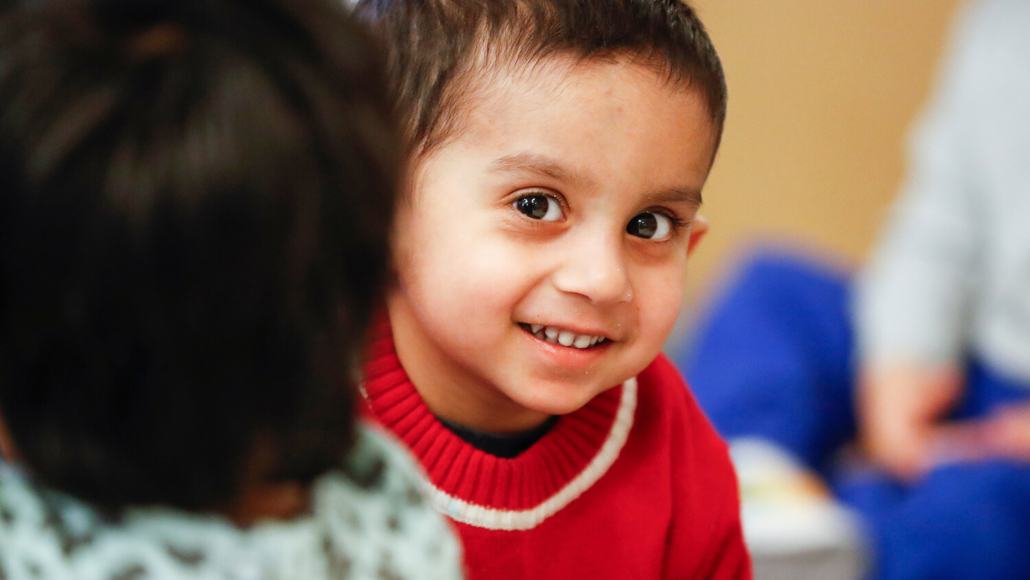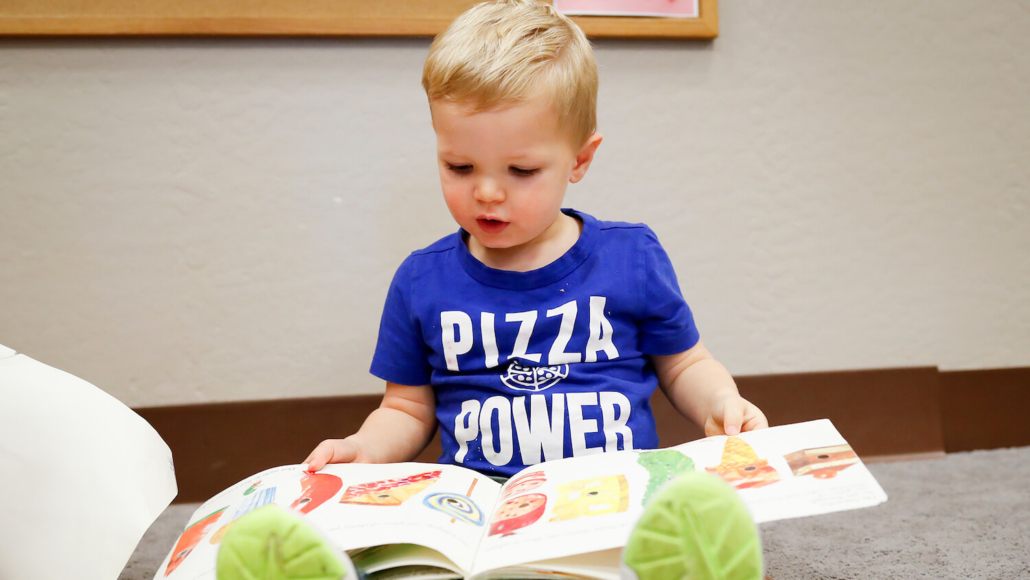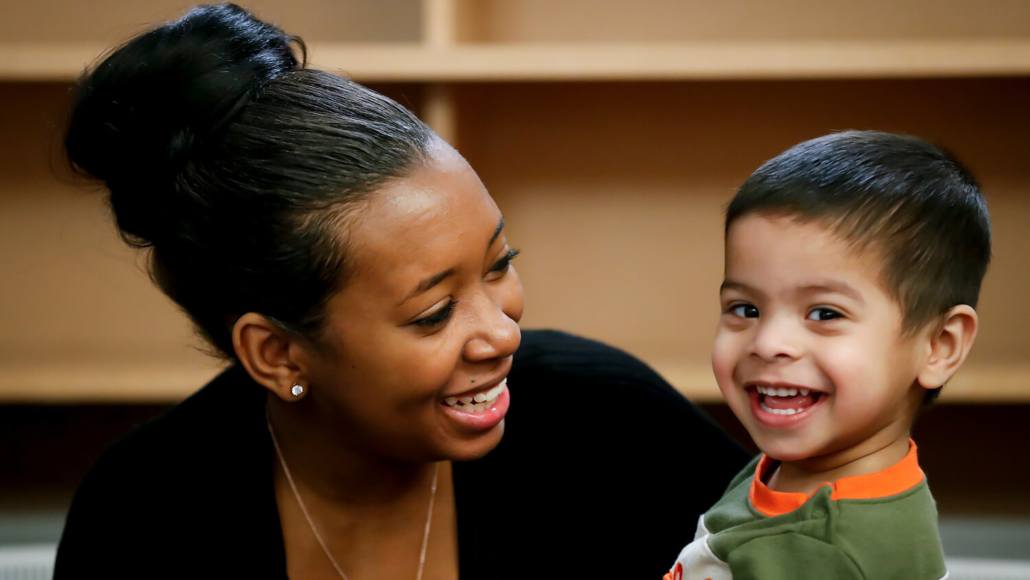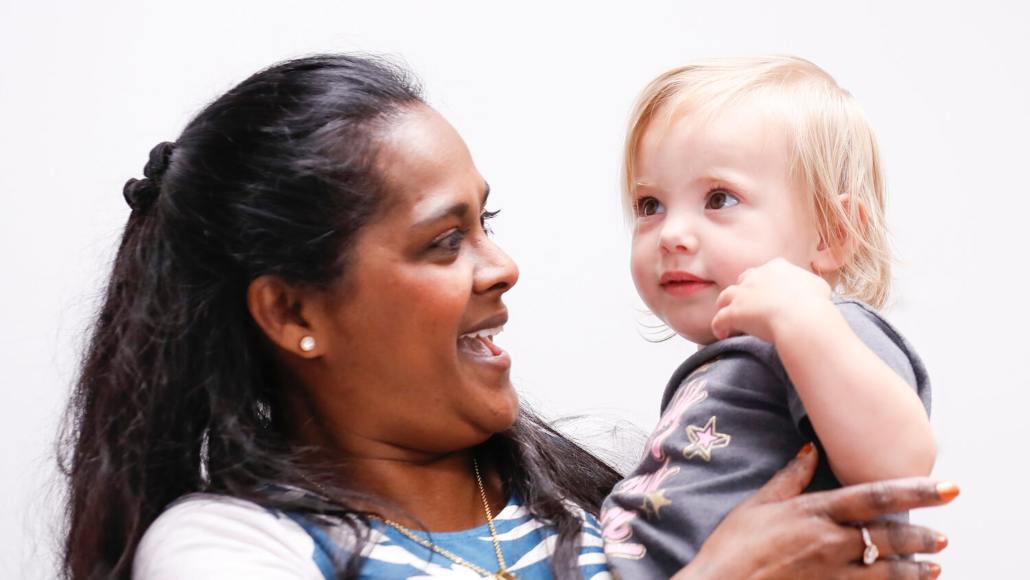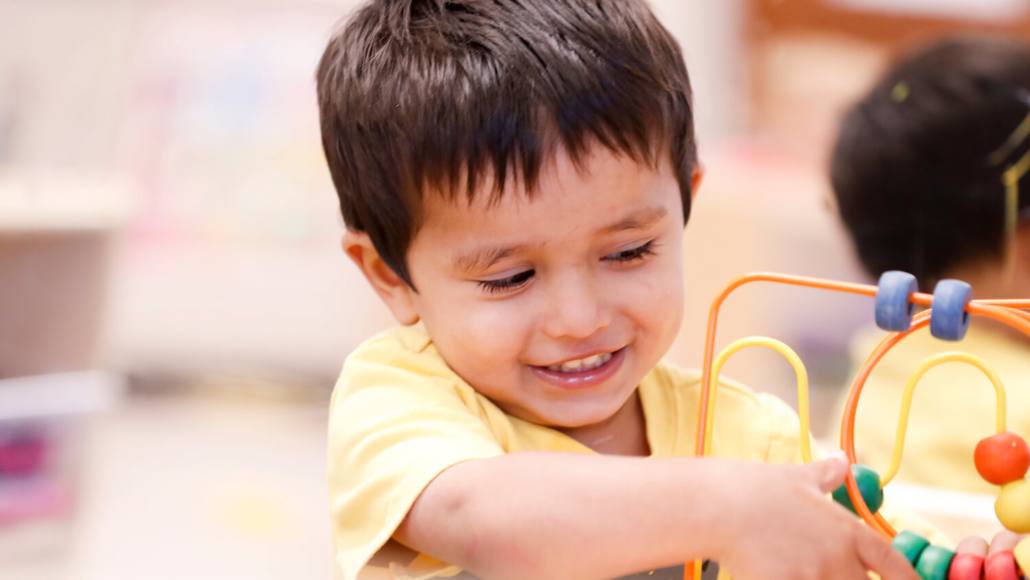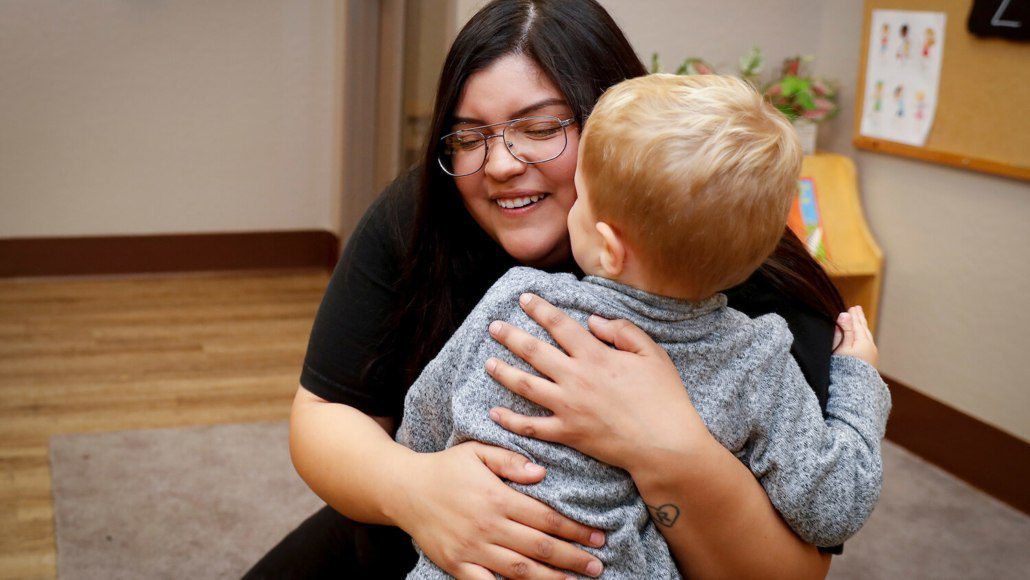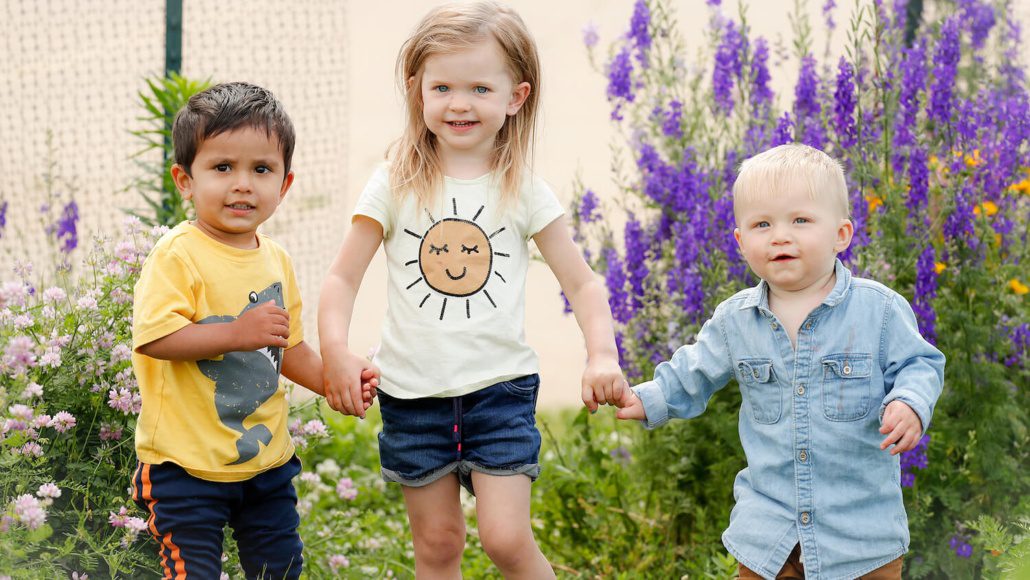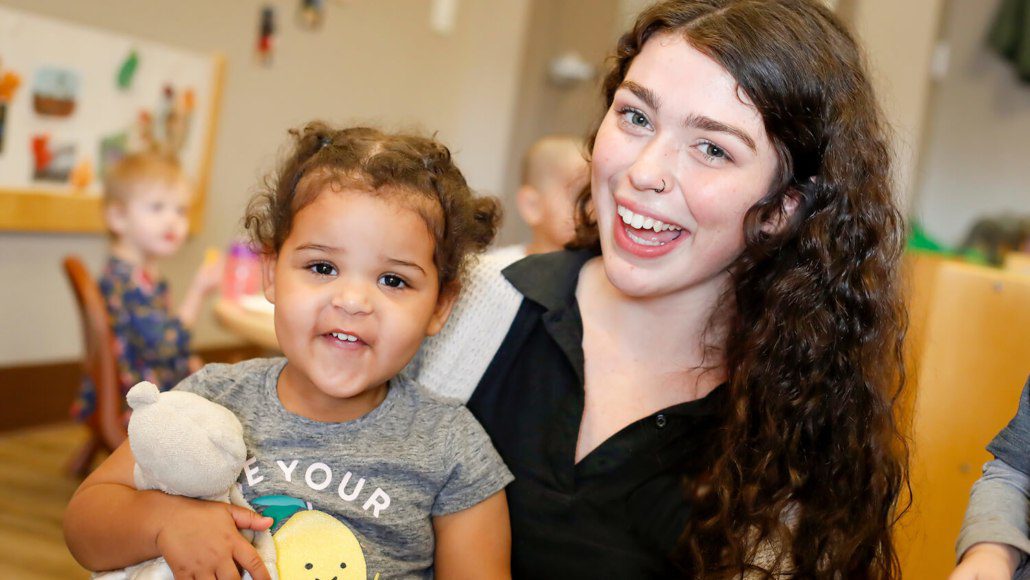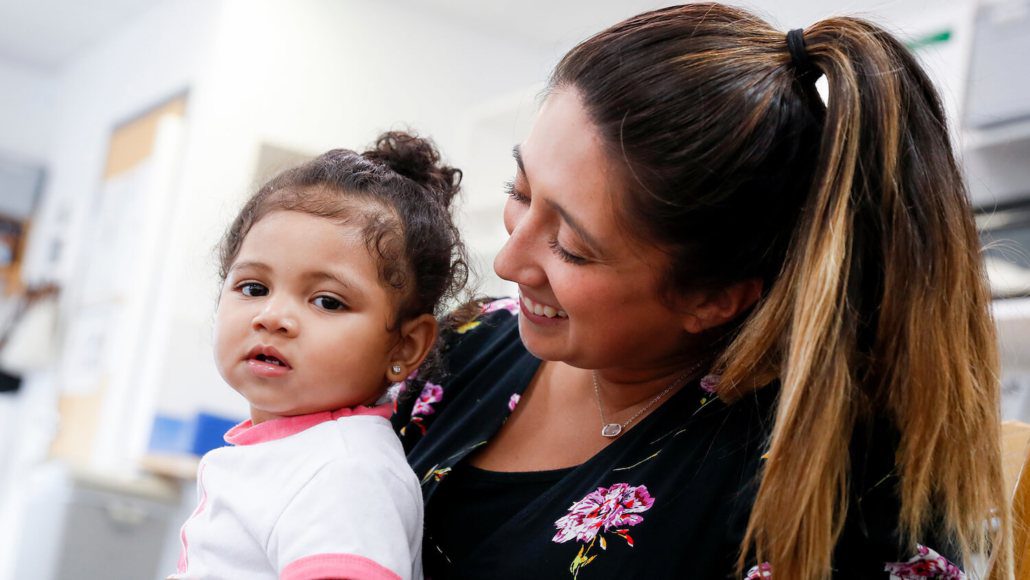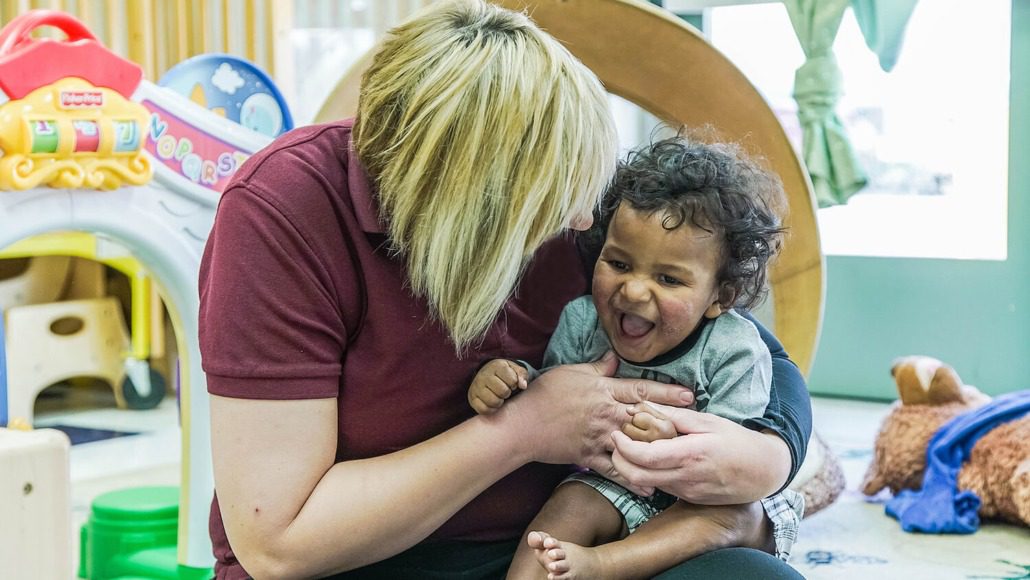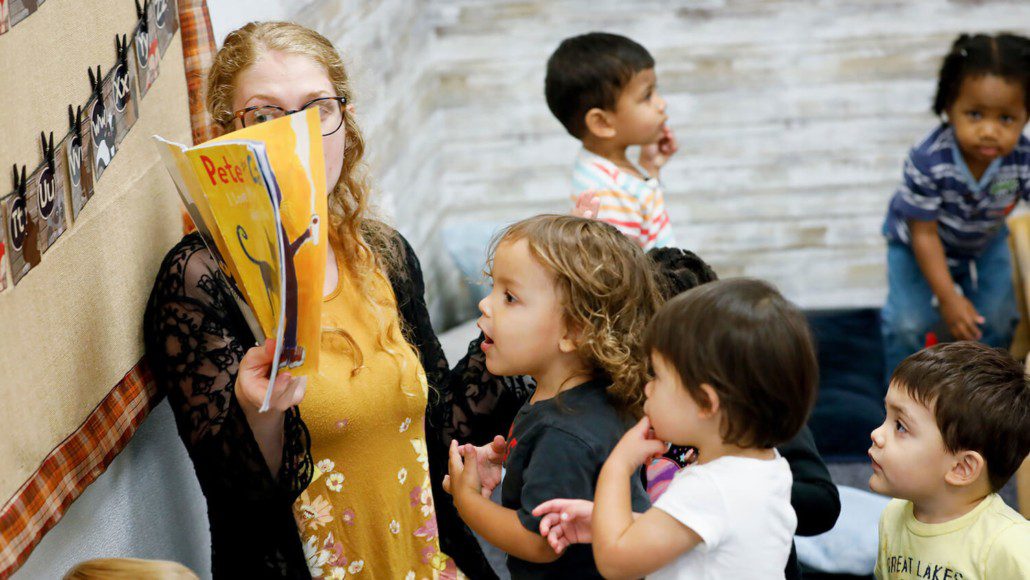How the Reggio Emilia Educational Approach Prepares a Child for School
- Fosters problem-solving, collaboration, and independent thinking (math/science)
- Shows children their center is a part of the community (social studies)
- Children have a better chance for success in school when family participation is high (social studies)
- Provides children with teachers who are continuing their education and research. (professionalism)
- Children can express themselves in a variety of ways (language arts/social-communication)
- Children realize their ideas are of value (social studies)
- Topics are covered in-depth and are based on what the children know (prior knowledge), want to know (desired knowledge), and review what they learned in the process (new knowledge)
- Helps children realize they can learn from their environments: nature (science), classroom (cognitive), and community (social studies)
- Children understand they are to respect all environments (social studies)
- Teaches resourcefulness and using a variety of familiar materials (science)
- Encourages movement (running, jumping, climbing, etc) that helps develop large muscles and provide exercise (physical education)
- Encourages movement (using pencils, crayons, clay, scissors, paints, etc.) that helps develop small muscles (language arts/writing)
- Provides opportunities for rich language development through collaboration, exploration, music, and stories. (language arts)
- Builds understanding of simple concepts of time (such as night and day, today, tomorrow, yesterday, etc) (math/science)
- Encourages time spent learning to sort, classify and manipulate a wide variety of materials (math/science)
- Allows for curiosity and exploration in a safe way that gives them emotional support to try new things (social/emotional)
- Gives opportunity for group projects that encourage sharing, learning, focusing, and listening (social/emotional)

